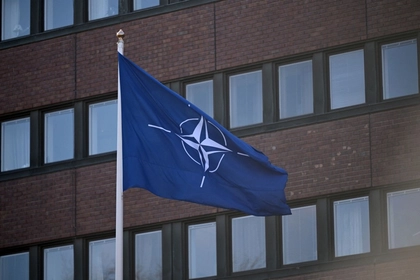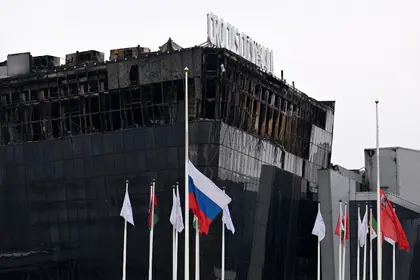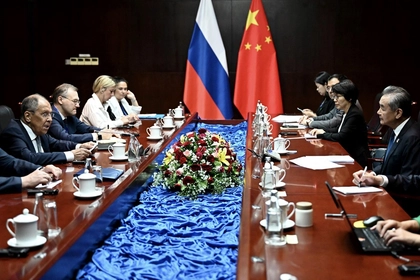Russian investigators said Friday, April 5, that one of the assailants involved in last month's tragic massacre at a Moscow concert hall, claimed by the Islamic State (IS), had pro-Ukrainian content on his phone.
Despite IS claiming responsibility for the March 22 attack, which resulted in the deaths of over 140 people, Moscow has persistently attempted to connect Kyiv and the West to the incident, despite repeated denials.
JOIN US ON TELEGRAM
Follow our coverage of the war on the @Kyivpost_official.
Gunmen, clad in camouflage, stormed the Crocus City Hall venue on the outskirts of Moscow before setting the building ablaze. More than a dozen suspects, including the four assailants, who all hail from the Central Asian nation of Tajikistan, have been apprehended.
According to Russian investigators, data retrieved from one of the suspects’ phones revealed that on the morning of Feb. 24, the second anniversary of Russia’s full-scale invasion of Ukraine, the individual had searched for photographs of the Crocus City Hall and shared them with others. The suspect reportedly corroborated these findings in their statements.
Moreover, photos allegedly discovered on the same phone depicted individuals in camouflage brandishing the Ukrainian flag against a backdrop of destroyed buildings, suggesting a potential link between the attack and the war in Ukraine.
The United States disclosed that it had issued both public and private warnings to Russia in early March regarding extremist plans to target a concert hall in Moscow.

Russian Drone Debris Found in Romania, NATO Says No Sign of Intentional Attack
Unnamed US intelligence officials later disclosed to American media outlets that they specifically warned Moscow about the Crocus City Hall being the target of an IS attack.
Alexander Bortnikov, director of Russia’s Federal Security Service (FSB) said the information provided by US agencies was only of “a general nature.”
On April 2, the head of Moscow’s Foreign Intelligence Service (SVR) maintained that the warnings had “not been specific.”
Three days before the attack, Russian President Vladimir Putin had dismissed warnings given earlier by the US Embassy in Moscow – that “extremists are planning to attack large gatherings of people in Moscow, including concerts” – as simple provocation to undermine him and his regime.
You can also highlight the text and press Ctrl + Enter






